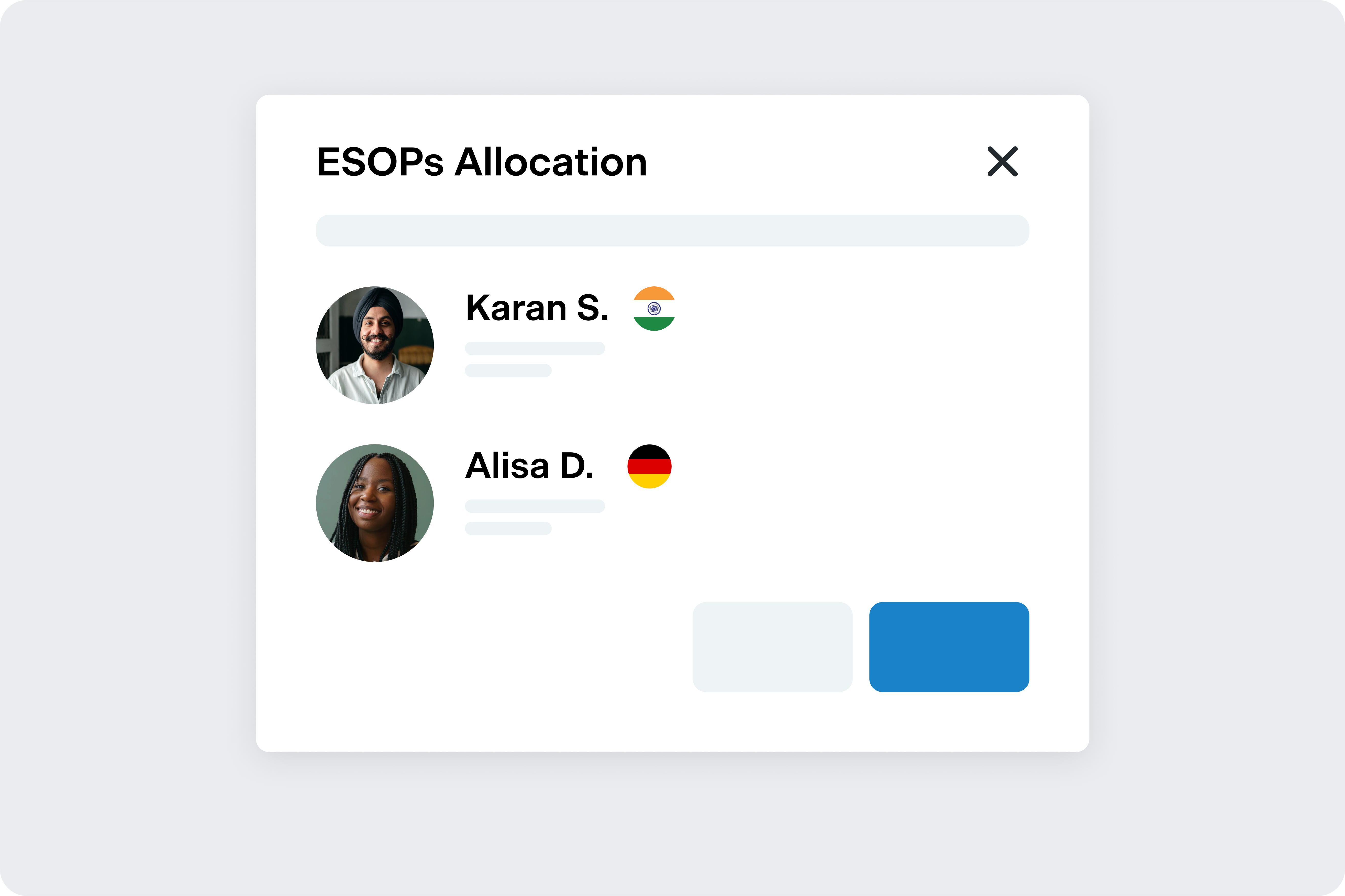As companies grow, they create legal entities and organizational structures to support their lines of business — each with their respective governance and compliance needs. Quickly, keeping track of this can get complex — especially if the company uses multiple vendors across their teams.
Many do. According to one survey, the average business maintains between six to 25 vendor relationships. Another poll estimates organizations waste around $135,000 on software-as-a-service tools each year, whether because of duplicative tools or as a result of the additional support requirements.
Seeking to solve the seemingly intractable problem, three entrepreneurs — Brexton Pham, Daniel Lai and Tamby Kojak — co-founded Series, a startup launching its platform widely today. Backed by $25 million in funding across seed and Series A rounds led by 776 and Basis Set Ventures, with participation from Pear VC, Kleiner Perkins, Day One Ventures, Hustle Fund, Caffeinated Capital, Wischoff Ventures and several angels, Series is developing software that attempts to centralize — and automate — businesses’ finance and operations stacks.
“In a new normal where businesses care about saving money and value time more than ever, Series is a more consolidated, streamlined and efficient alternative to the traditional setup,” Pham, who serves as Series’ CEO, told TechCrunch in an email interview. “The magic of Series is the holistic suite — the more products that a customer uses, the less time they have to spend using each product and can actually focus on the core of their business.”
Series’ founders come from diverse backgrounds.
Pham previously worked at Tinder, and before that did stints at Slack, YikYak and the VC firm Kleiner Perkins. Lai was at PayPal before he joined McKinsey, consulting mainly for financial institutions. Kojak, meanwhile, has two other ventures under his belt — job marketplace Hirewire and startup launchpad V1 Apps — and most recently headed up engineering at IT automation firm Electric AI.
With San Francisco-based Series, Pham, Lai and Kojak sought to build an alternative to traditional enterprise resource planning (ERP) systems — the systems organizations use to manage day-to-day business activities like accounting, procurement, project management and supply chain operations.
It’s a massive sector — research firm Facts & Factors anticipates that the market for ERP software will be worth $123.43 billion by 2030. But ERP systems generally aren’t easy to deploy or manage. According to Gartner, the failure rate for ERP implementation can exceed 75%. And for midsized companies — i.e. those with less than $1 billion in annual revenue — the cost of owning an ERP system is usually around 3% to 5% of their revenue.
Series is different in that it’s modular, Pham says, meaning that customers can pick and choose which capabilities they’d like to deploy instead of being forced to pay for an entire system.

“Depending on a company’s stage, a customer might require a specific solution, such as simplifying a payables process, while another need, like transitioning to a new payroll provider, might not be relevant at that moment,” Pham said. “Series designed its platform like a menu of separate web apps and products, allowing customers to build their solutions as needed.”
Series offers a range of ERP-like features, including tools for orchestrating payroll and benefits, contract lifecycle management, business-to-business payments and treasury management (i.e. processes related to a business’ cash flow and liquidity). Series’ modules use the same underlying infrastructure for authentication, notifications, transactions and ongoing events, with a system of record that unifies access and permissions to keep tabs on which people and entities have access to which modules.
Things such as bank accounts, logins and permission settings carry over between modules in Series. And customers can bring their own vendors or financial institutions — e.g. payroll and billing systems — and plug them into Series’ platform.
“We’ve created Series to not be a ‘platform’ per se, because each module is its own independent product and everything is interoperable to meet customers wherever they are in their lifecycle,” Pham said. “This decision was intentional even down to the product and engineering level, where every product is an independent application. And as customers adopt more products, the benefits compound and they can stitch together their own ‘ERP’ and ‘back office’ from scratch without ever needing another external system to use for reconciliation.”
Having built the foundation for the Series platform, the next step will be making it so that Series’ modules can better “talk” with each other — that is, execute workflows in an integrated, seamless way, Pham says.
Using the proceeds from its funding rounds, Series is engineering automation tools to execute tasks like filling out customer forms and documents across different services. Once those tools are finalized, the plan is to roll out modules targeting revenue operations and productivity management.
“In the long term, we want to make it so that everything that isn’t part of the core business is just handled in the background — and Series to be the provider that services customers in as many ways as possible there,” Pham said. “It’ll be less logging into multiple providers and less reconciliation, and all of a customer’s services will talk to one another — and customers will be able to adopt any product at any time whenever they’re ready.”
While Pham wouldn’t reveal Series’ annual recurring revenue, he said that the startup, which has around 30 employees at the moment, has “hundreds” of customers currently — ranging from asset managers and small- and medium-sized businesses to enterprises.

Series competes with a number of players in the ERP space, including incumbents like NetSuite and startups such as Xentral (which raised $75 million in 2021) and Holded. But Pham argues that Series’ ease of setup and use sets it apart from the rest of the crowd.
“Legacy ERP systems are designed as platforms that take 6 to 12 months and dedicated sales teams and consultants to transition and integrate into your system,” Pham said. “Each one of Series’ product lines is part of its individually massive market and competes with many venture-backed startups and already-established incumbents. We’ve focused all of our time on building a foundation of diverse software-as-a-service products to diversify not only our revenue streams, but also build good compounding, high-margin recurring revenue products.”






























Comment